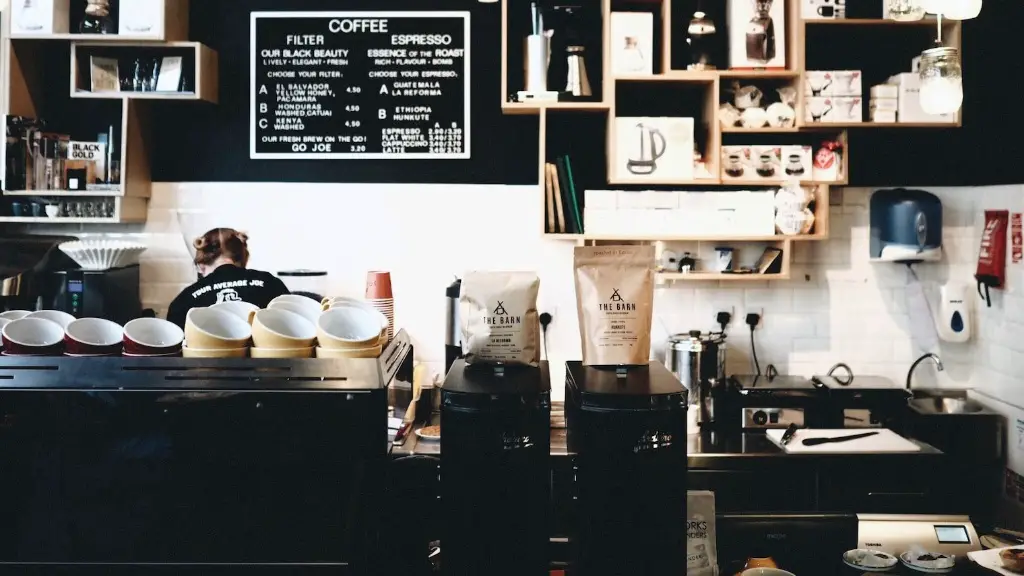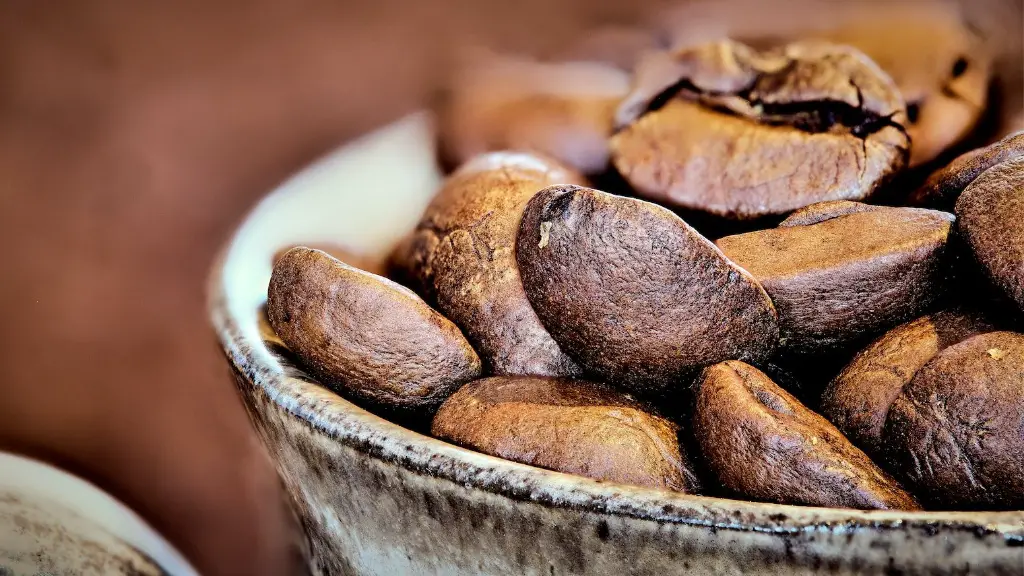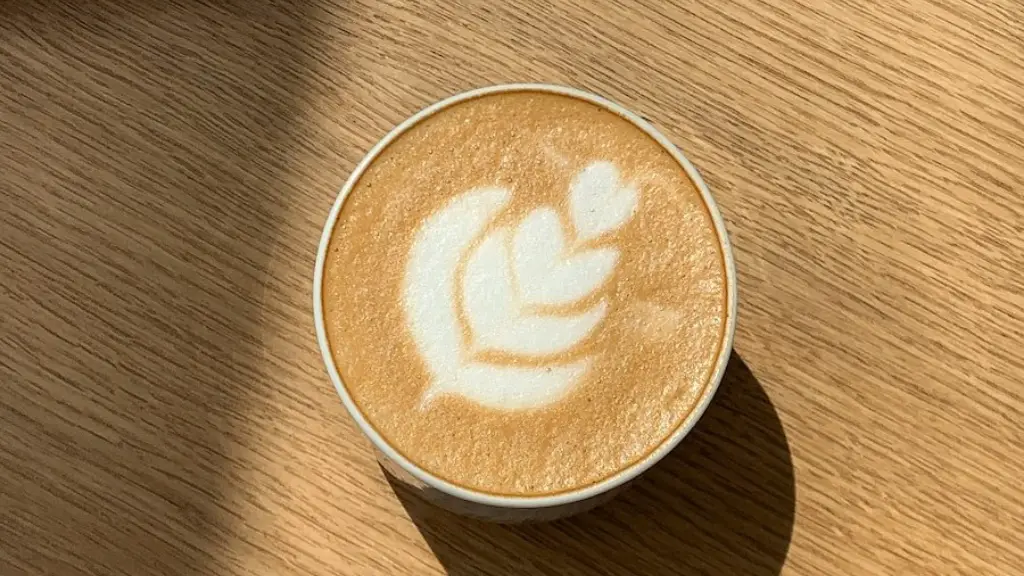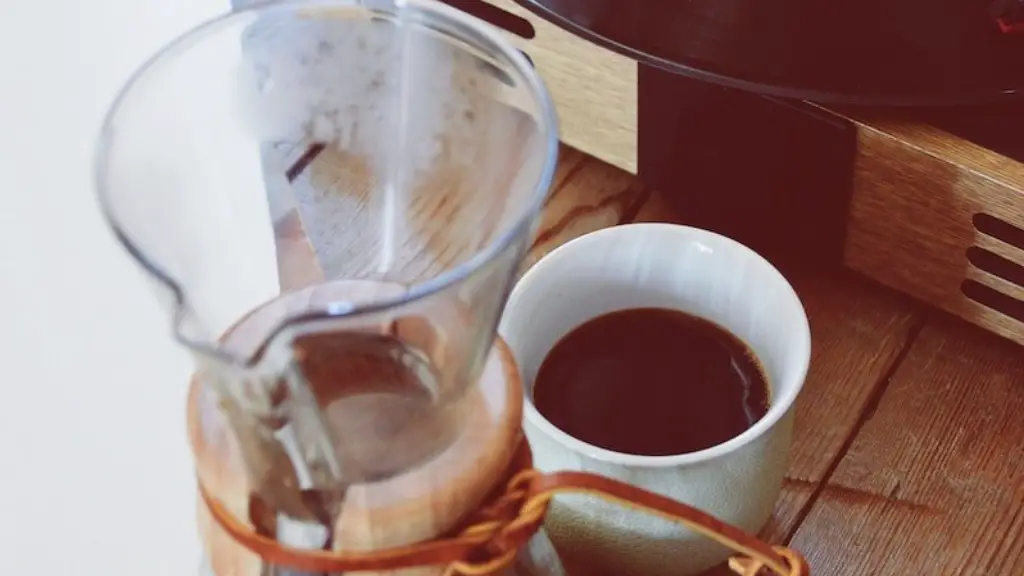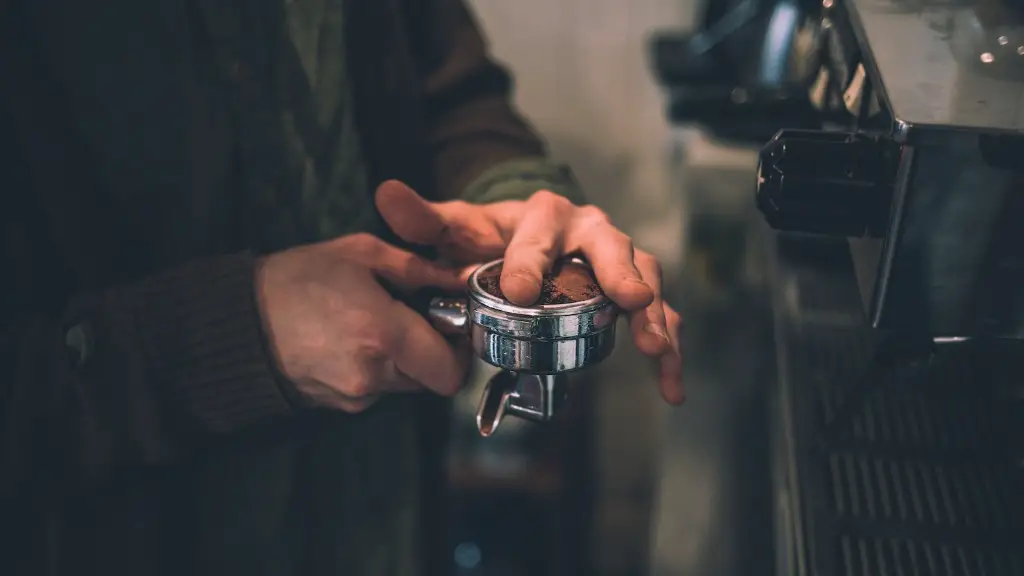It is the most widespread myth all coffee-lovers have heard – coffee should not be had after lunch; if you really have to have it, just have a quick cup anyway. Many coffee-lovers who have given up coffee believe that coffee after lunch is bad for their health and can lead to digestion problems. But is this really true?
Coffee has been scientifically proven to have many health benefits when taken in moderation – it can reduce the risk of certain cancers and heart diseases. Coffee contains numerous antioxidants and helps to boost the metabolism, which is great for weight-loss and energy levels. In addition, it can also help with concentration and memory, making it a great pick-me-up after a long day. So why would drinking coffee after lunch be bad?
According to dieticians and nutritionists, there is no scientific evidence to suggest that coffee after lunch has any negative health effects. In fact, some experts believe that it can help improve digestion. Dr Asha Saim, Nutritionist at Deenat Health, states “Coffee may actually be beneficial for digestion. Coffee helps to stimulate the digestive tract, which improves the movement of food through the gut, helping to prevent constipation.”
Not only is coffee after lunch beneficial to your digestion, but it can also help to prevent energy slumps during the afternoon. The majority of us suffer from a lack of energy in the afternoons, due to the natural energy cycle that occurs throughout the day, known as ‘circadian rhythms’. With the added caffeine, coffee can help to boost energy levels and make you feel more alert.
Despite this, coffee should still be consumed in moderation. Too much coffee can lead to side effects such as nausea, irritability and insomnia. It can also increase your daily caffeine intake to levels that can be unhealthy for some people. Therefore, it is important to limit your coffee consumption to 1-2 cups a day.
In conclusion, there is no reason why you shouldn’t enjoy a cup of your favourite blend after lunch. Although it is important to remember that coffee should be consumed in moderation, if you stick to one or two cups per day, you can enjoy the numerous health benefits and energy-boosting effects of coffee without any negative health consequences.
Types of Coffee
There are many different types of coffee available on the market, and each has its own individual flavour profile and health benefits. When brewing a cup of coffee, it is important to consider the type of bean and process used – this can make a huge difference to the taste and health benefits. For example, light roasted coffees contain more caffeine than darker roasts and are generally less bitter.
Coffee beans can come from different regions, such as Colombia or Kenya, and each region will have its own unique flavour. From light and floral to dark and bold, coffees from different regions are sure to offer something for everyone. For a richer, creamier cup of coffee, try a medium or dark roast, or for a more intense flavour, an espresso roast.
In addition to different types of beans, there are also many different brewing methods that can be used to make a cup of coffee. From French presses and pour-over coffee makers, to espresso machines and cold brew systems, each method produces a different type of coffee with its own unique flavour.
With so many different types of coffee available, it can be difficult to decide which is best. The best way to find the right type of coffee for you is to experiment and sample different blends until you find the one that suits your taste best.
Health Benefits of Coffee
Coffee has long been believed to have various health benefits. Studies have shown that regular coffee consumption can protect against a range of illnesses such as type 2 diabetes, some types of cancers, Parkinson’s disease and Alzheimer’s disease. Coffee is also a great source of essential nutrients such as magnesium and potassium, which can help to keep your body functioning healthily.
In addition to this, coffee has also been found to boost the immune system. The antioxidants found in coffee help to protect against a range of diseases, as well as speeding up your body’s natural healing process. Coffee can also improve mental clarity, focus and concentration, as the caffeine in coffee helps to stimulate the brain.
Coffee is also great for weight loss, as the caffeine helps to boost metabolism and burn more calories. Studies have also shown that coffee can help to reduce appetite, making it easier to stick to a healthy diet.
Finally, coffee can also help to reduce stress levels. Studies have found that coffee can help to reduce the cortisol levels in the body, which is the hormone responsible for stress and anxiety. Therefore, it is no surprise that coffee is often associated with positive mental health benefits.
Coffee and Sleep
Contrary to popular belief, coffee is not necessarily bad for sleep. While it is true that caffeine can make it harder to fall asleep, coffee can also work as a natural sleep aid. As caffeine has an energising effect, coffee can help to make you more alert and focused, making it easier to stay awake and combat sleepiness during the day.
However, it is important to note that coffee should not be consumed too close to bedtime as it can affect your sleep cycle. Caffeine can take up to eight hours to leave the body, so it is best to limit your consumption of coffee to the morning and early afternoon.
In addition to this, it is also important to be aware of your daily caffeine intake. Too much coffee can lead to disturbed sleep, insomnia and anxiety. Therefore, if you suffer from sleep-related issues, it is best to limit your coffee consumption to just one or two cups a day.
How to Make the Perfect Cup of Coffee
While there is no ‘perfect’ cup of coffee, there are a few simple tricks that you can use to ensure your brew tastes great every time. The first step is to choose the right type of bean – light and medium roasted beans will be a great fit for those who like a milder coffee, while darker roasts will be more suited to those who prefer a bolder, richer flavour.
Once you’ve chosen your beans, you can move onto the brewing process. The type of machine you use and the way you brew your coffee can make a huge difference to the final taste. For the perfect cup of coffee, it is best to use freshly ground beans that are brought to the right temperature fast. Electric burr grinders are the best option for grinding your beans as they produce an even grind size.
It is also important to use the correct water:coffee ratio. As a general rule of thumb, it is best to use 60g of coffee to 1litre of water. It is also important to use the right water temperature for your chosen brewing method – for espresso, this should be around 95°C, while for French press and pour over coffee, the temperature should between 90-95°C.
Finally, it is important to ensure that you have the correct equipment for your chosen brewing method. Different types of coffee makers require different accessories, such as filters and tampers, so be sure to check that you have everything you need before you start.
